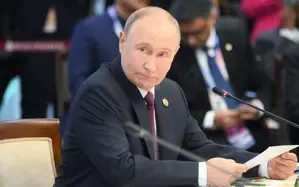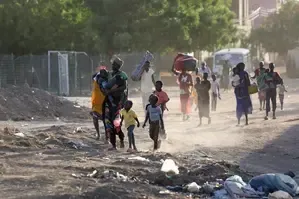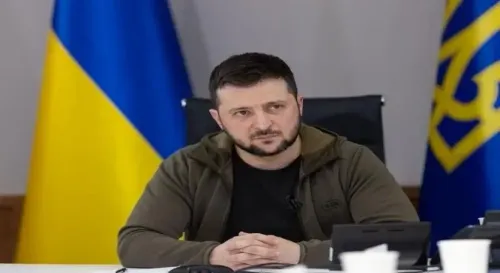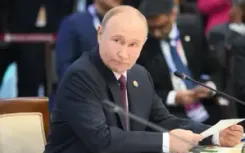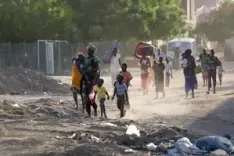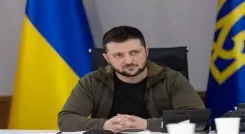Why Are Baloch Activists Raising Concerns Over the Abdohi Border Closure?
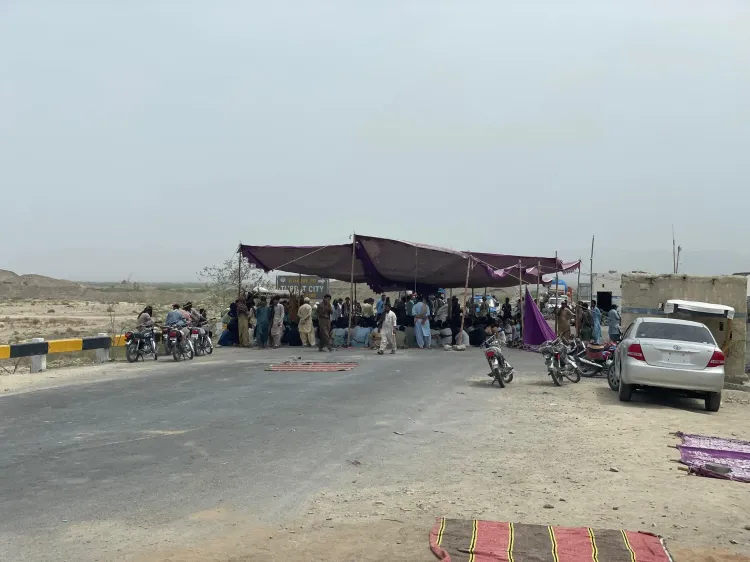
Synopsis
Key Takeaways
- Continuous closure of the Abdohi border impacts local economy.
- Protests highlight demands for basic rights and livelihoods.
- Authorities' use of force raises concerns over human rights.
- The situation signifies a humanitarian crisis in Balochistan.
- Activism reflects a broader struggle for independence.
Quetta, June 27 (NationPress) Human rights advocates from Balochistan have criticized the Pakistani government for the ongoing closure of the Abdohi border in the Kech district, labeling it as a form of economic exploitation by Islamabad.
'Since March 19, the Abdohi border in Kech has been shut, cutting off a vital source of income for numerous families in Balochistan. With no alternative means of livelihood and increasing financial strain, this closure has driven communities into a state of hunger and uncertainty,' stated a release from the Baloch Yakjehti Committee (BYC), a human rights organization based in the region.
Local traders, laborers, and residents staged a peaceful sit-in protest for the second consecutive day, pledging to persist in their demonstration until the border is reopened and their economic survival is assured.
The BYC alleged that instead of seeking dialogue, Pakistani authorities responded by attempting to quash the protests, with security forces resorting to baton charges and intimidation tactics to disperse the demonstrators.
Despite these actions, the rights group affirmed that protesters remain steadfast in their demands, seeking an end to policies that systematically marginalize them.
'The extended closure represents not just a logistical concern but reflects a broader strategy of control, where economic pressure is wielded as a means of subjugation. In Balochistan, where corruption and underdevelopment already stifle opportunities, the border closure has triggered a humanitarian crisis impacting the entire community, leading to rising frustration,' remarked the BYC.
They urged the government to promptly reopen the border, respect citizens' rights, and cease the use of force against peaceful protests. They warned that neglecting these calls could intensify resentment and resistance among a population already pushed to the edge.
Residents of Balochistan are presently advocating for their independence from Pakistan.
Numerous human rights organizations in Balochistan have consistently spotlighted the repression faced from Pakistani forces, which includes violent raids on the homes of Baloch leaders and civilians, unlawful arrests, enforced disappearances, the 'kill and dump' strategy, detention under the Maintenance of Public Order Ordinance, and the filing of fabricated police charges.

